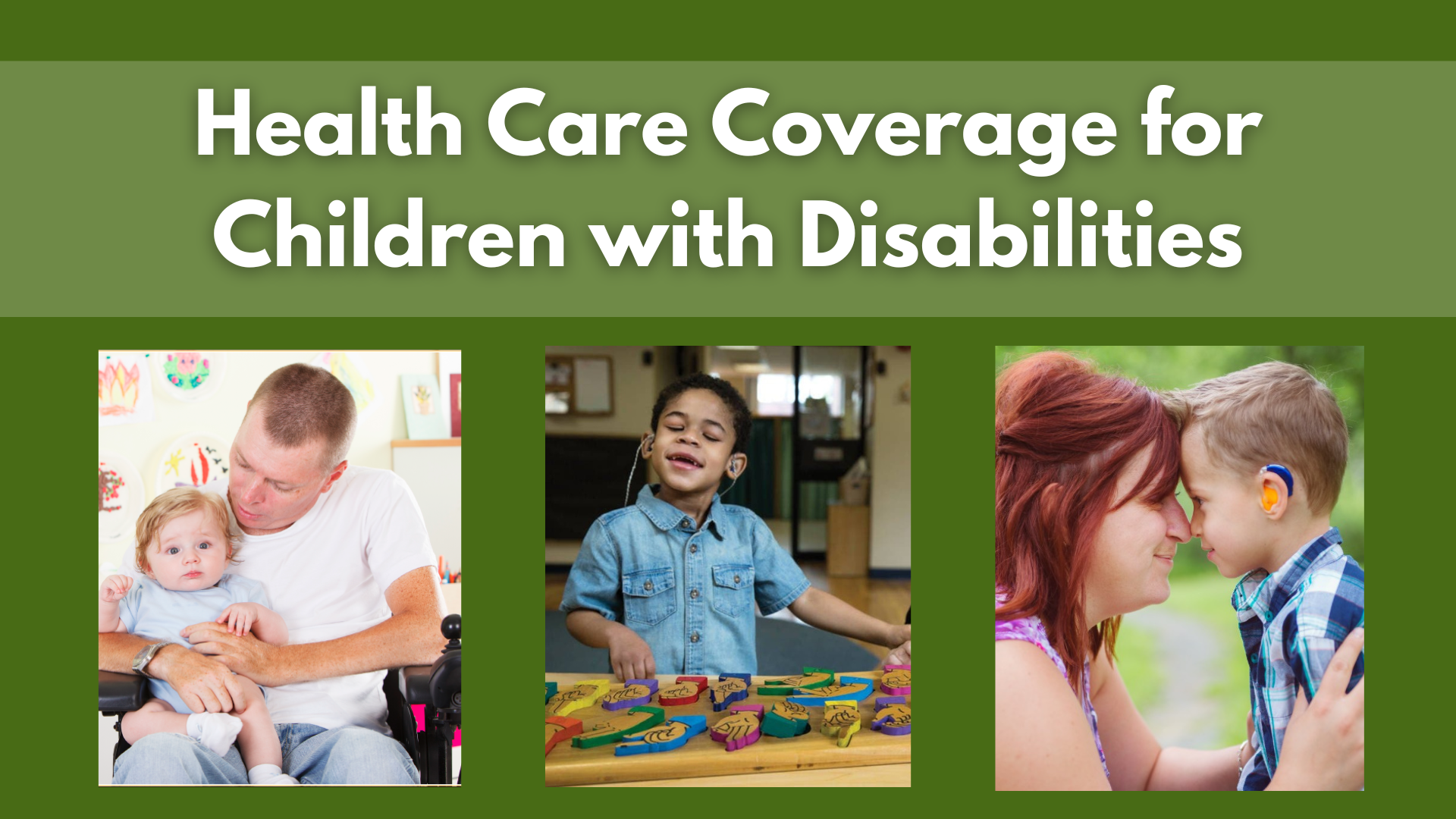As a part of our partnership with the Center on Budget and Policy Priorities, we will be updating all our factsheets in anticipation for Open Enrollment (OE). As of now, the first three factsheets have been updated. Stay tuned next week for six more updates! Here are some important dates to keep in mind for Open Enrollment
- November 1, 2024 – OE starts!
- December 15, 2024 – the last day to enroll or change plans that start on January 1, 2025.
- January 15, 2025 – OE ends and this is the last day to enroll or change plans for coverage that starts on February 1, 2025.
CMS released a press release on new guidance for health coverage requirements for children with Medicaid and the Children’s Health Insurance Program (CHIP). This includes the reinforcement of Early and Periodic Screening, Diagnostic, and Treatment (EPSDT) requirements, which state that eligible children can receive prevention, diagnostic, and treatment services which also include mental health and hearing services for children with disabilities.
The Commonwealth Fund (TCF) updated an area of focus on improving health care quality by covering the steps that the Centers for Medicare and Medicaid Services (CMS) are taking to identify unmet needs for Medicaid home and community-based services (HCBS) for people with disabilities. This new rule will require states to continuously report on waiting lists.
TCF posted an issue brief on the impacts of expanded federal premium tax credits expiring in 2025 and how state affordability programs would not fully address the increased coverage loss. This piece found that while states must continue in aiding in access to health insurance, federal programs must ensure affordable coverage. The Centers on Budget and Policy Priorities (CBPP) also covered direct experiences and insight of those who use the Marketplace and what the end of these tax credits and increased premiums mean to them.
CBPP also noted that federal changes will allow for those with lived Medicaid experience to participate in policy decisions. State advocates that directly work with communities in obtaining Medicaid will be centered in these conversations.
Join the Beyond the Basics webinar on “Preventing and Resolving Data Matching Issues” on October 1 at 2 PM ET. This webinar will provide guidance on how to help applicants complete marketplace documentation requirements, specifically focusing on citizenship, immigration status, and income. This webinar will also explain how to prevent and resolve data matching issues. Check out the full fall schedule to register for future webinars!
The CHIRblog covered states continuing to provide protection for those with medical debt. This comes from a proposed rule that would stop medical bills of a certain amount from being included in credit reports to decrease and eliminate medical debt.
The Administration for Community Living alongside CMS and the National Association of Medicaid Directors created a resource for state Medicaid programs that focuses on how to obtain federal reimbursement for Medicaid related services.
The Administration has awarded more investment and funding for rural health care and advancements of women’s health through the Affordable Care Act. Both initiatives will directly impact people with disabilities in 1. Rural areas and 2. Who use health coverage from Marketplace plans for women’s health needs.
Keep up with vaccinations this flu season and be prepared with free at-home COVID-19 tests that are accessible for people who are blind or have low vision and those with low manual dexterity. Through the Administration for Strategic Preparedness and Response (ASPR) and the United States Postal Service (USPS), test will be able to detect current COVID-19 variants and can be used through the end of 2024.
Archives of our weekly updates are available on the NDNRC website. Follow us on Twitter/X at @NDNRC!

